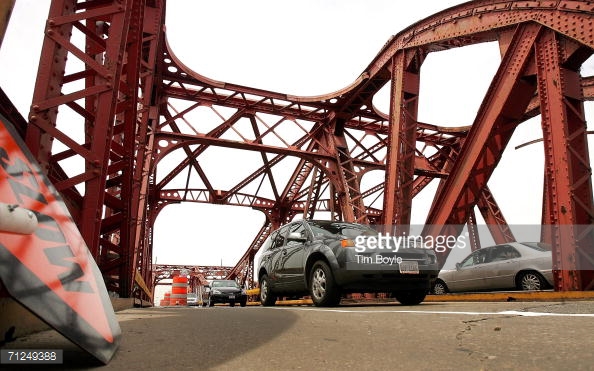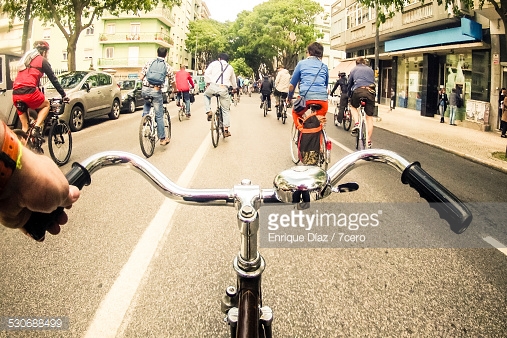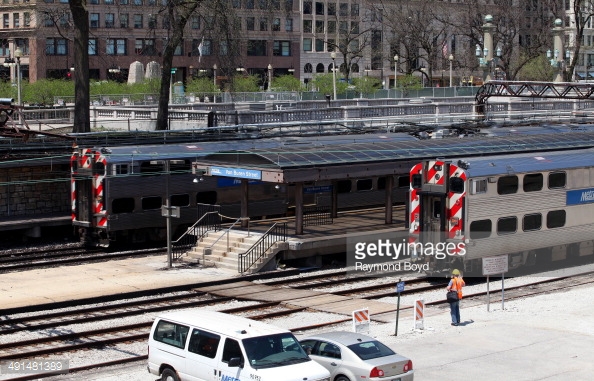Fifth Ward Ald. Leslie Hairston is pushing back against plans to close major roads running through Jackson Park.
The Obama Foundation has floated plans to community leaders to close sections of Cornell Drive between 60th and 67th Street, and possibly Marquette Drive from Cornell to Lake Shore Drive.
Hairston said the only plan she’s been presented with is closing sections of Cornell Drive, and she’s not in favor of the idea from what she’s heard.
“This seems like a bad idea,” Hairston said.
She said she was struggling to see how traffic would get from Lake Shore Drive to Stony Island and onto the Chicago Skyway. She said the intersection at 59th Street that diverts cars south onto Stony Island Avenue and west to the Midway Plaisance is already problematic.
Obama Foundation officials were not available to comment.
Closing Cornell Drive would connect the future Barack Obama presidential library campus to the green spaces surrounding Wooded Island farther to the east and the Museum of Science and Industry. Eliminating portions of Cornell and Marquette drives also would open space for the redesign of the Jackson Park Golf Course and eliminate headaches for designers trying to figure out how to get golfers across several busy streets in the park.
Hairston said the problem for her was that the proposal does not account for the added traffic the redesigned golf course, the presidential library and a proposed visitors center would all bring to the park.
“Stony Island has to be a discussion,” Hairston said. “When you talk about closing a street, you have to be talking about everything.”
Hairston has expressed concerns in the past that the large number of projects planned for Jackson Park are too siloed and progressing without enough attention on how they will all interact with each other.
“I would like to look at the totality,” Hairston said.
A representative from the Chicago Park District referred questions to the Mayor’s Office.
“It is premature to talk about specific ideas related to site configuration, improvements, street and access matters and related issues,” said Shannon Breymaier, a spokeswoman for the Mayor’s Office. “Options will be fully vetted once additional details on the center have been developed. Any significant proposals will have to be approved through a process that will include the opportunity for community input.”
Park District Supt. Mike Kelly has said in the past, including at a recent 5th Ward meeting, that all plans being developed have been in the works since at least 1999, when a framework was developed with the community and park volunteers. The framework, though now about 18 years old, includes many of the projects now in the works, including an $8.1 million habitat restoration by the Army Corps of Engineers.
That plan calls for Cornell Drive to be narrowed from its current six lanes, reducing its role as a shortcut for commuters.
Experts on the park’s designer, Frederick Law Olmsted, have also renewed the call to reduce the size of Cornell Drive.
“At 12 feet wide, the Cornell lanes are highway lanes now,” said Patricia O’Donnell of Heritage Landscapes in November 2015 after completing a review of the park for the Park District.
No one has proposed closing streets.
Friends of the Parks has echoed some of Hairston’s concerns and called for a more comprehensive planning process.
“They really should have done a new framework plan in this decade ahead of this process of planning for a golf course,” said Juanita Irizarry, executive director of the parks advocacy group, after the Park District board voted to move forward with initial survey work for the golf course in January.
The Jackson Park Advisory Council has remained active in the discussions of all the projects, but has often, like with the golf course, been unable to vote on the projects until the ball is already rolling.
The council determined on Jan. 27 that redesigning the golf course would be an asset to the park.
The council’s decision came two weeks after a Jan. 11 vote by the Park District board to spend $1.1 million on a feasibility study on redesigning the golf course.





